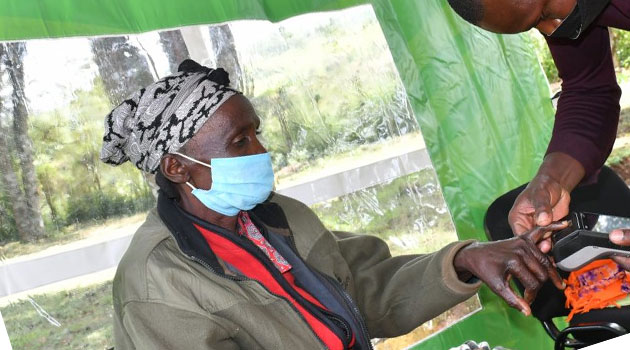The government has disbursed Sh2.1 billion for the Inua Jamii social protection program amid a transition to an e-wallet system earmarked for completion on February 28.
The Ministry of Labor and Social Protection said Sh2,089,844,000 will cater for Inua Jamii beneficiaries alongside the Nutrition Improvement through Cash and Health Education (NICHE) for January 2024.
In a statement on Wednesday, Principal Secretary for the State Department for Social Protection and Senior Citizen Affairs Joseph Motari, said the government released an additional Sh5,930,000 for NICHE beneficiaries.
Motari said the payment to beneficiaries commences on February 7, 2024.
“Following a presidential directive, Inua Jamii beneficiaries will be receiving their stipends through M-pesa. This will start with orphans and vulnerable children and persons with severe disabilities caregivers,” Motari said.
The PS urged caregivers to register beneficiaries for M-pesa payments through dial *222# using their registered M-Pesa phone numbers.
He said the government will make all payments under the program through M-pesa after February 29.
“These beneficiaries will receive their payments through bank accounts for the last time this month and are urged to enroll for M-pesa payments, to ensure continued receipt of Inua Jamii stipends,” the PS stated.
Only 207,000 beneficiaries had enrolled for M-pesa payments when the government paid December stipends, Motari noted. By Sharon Resian, Capital News






